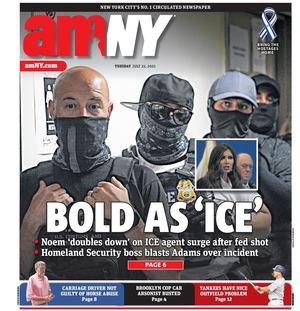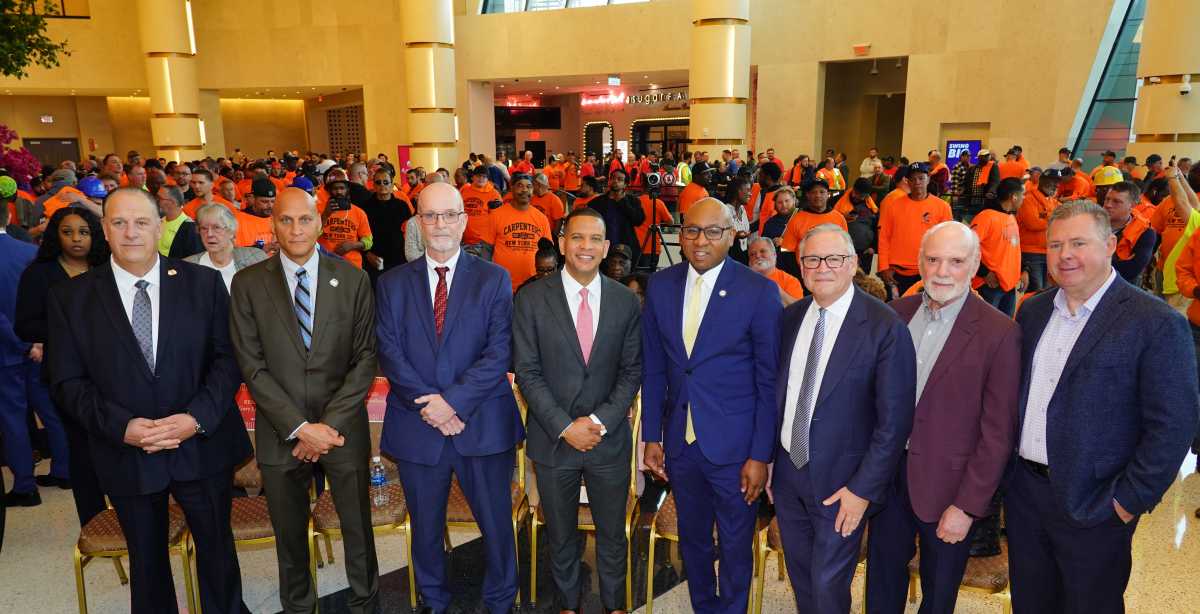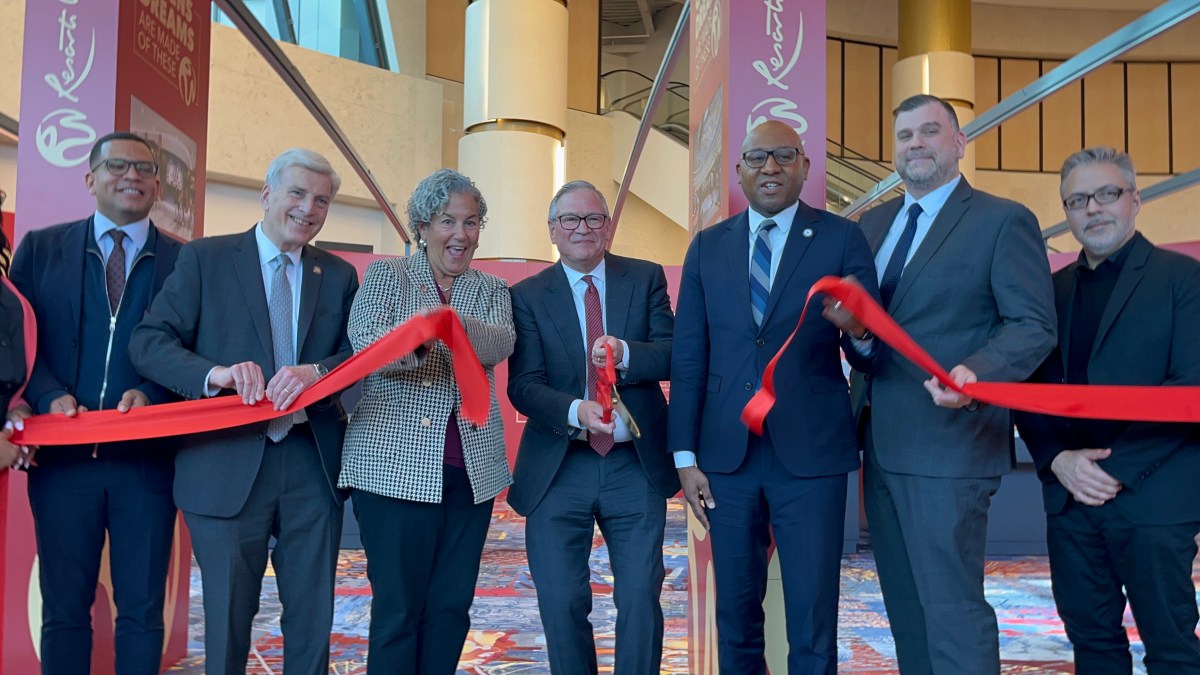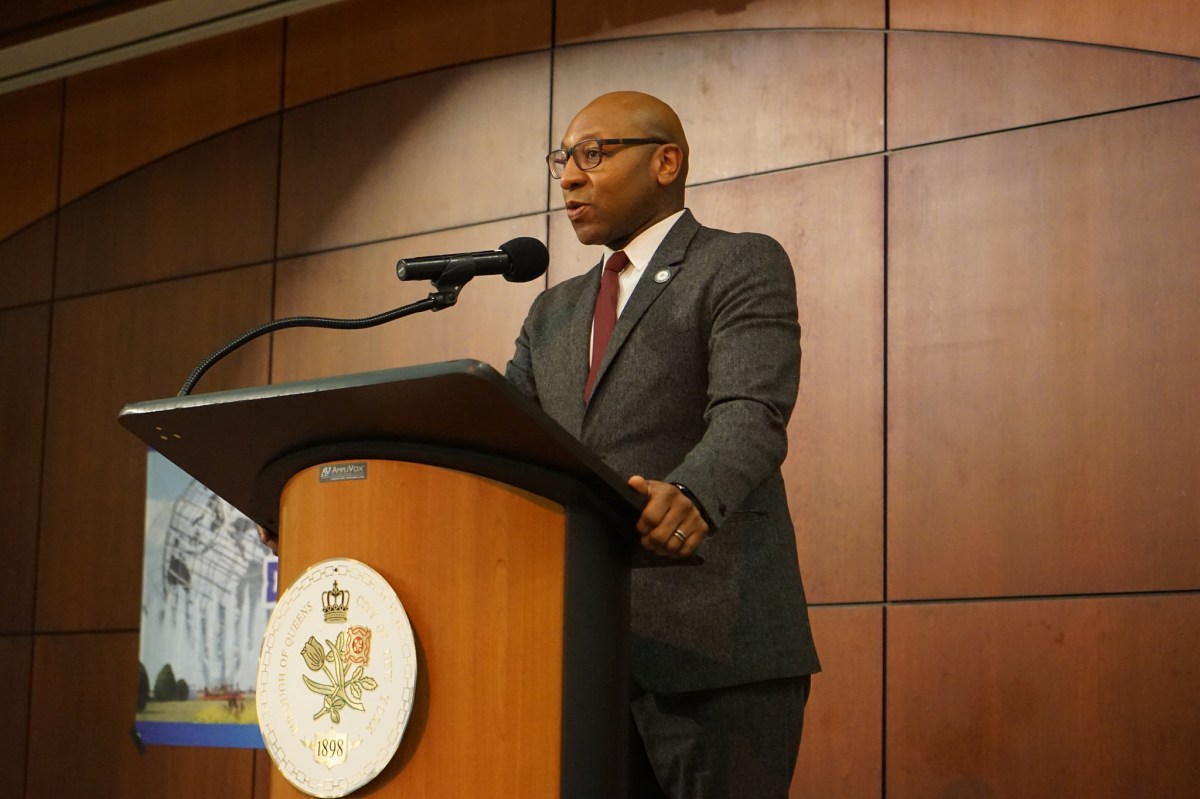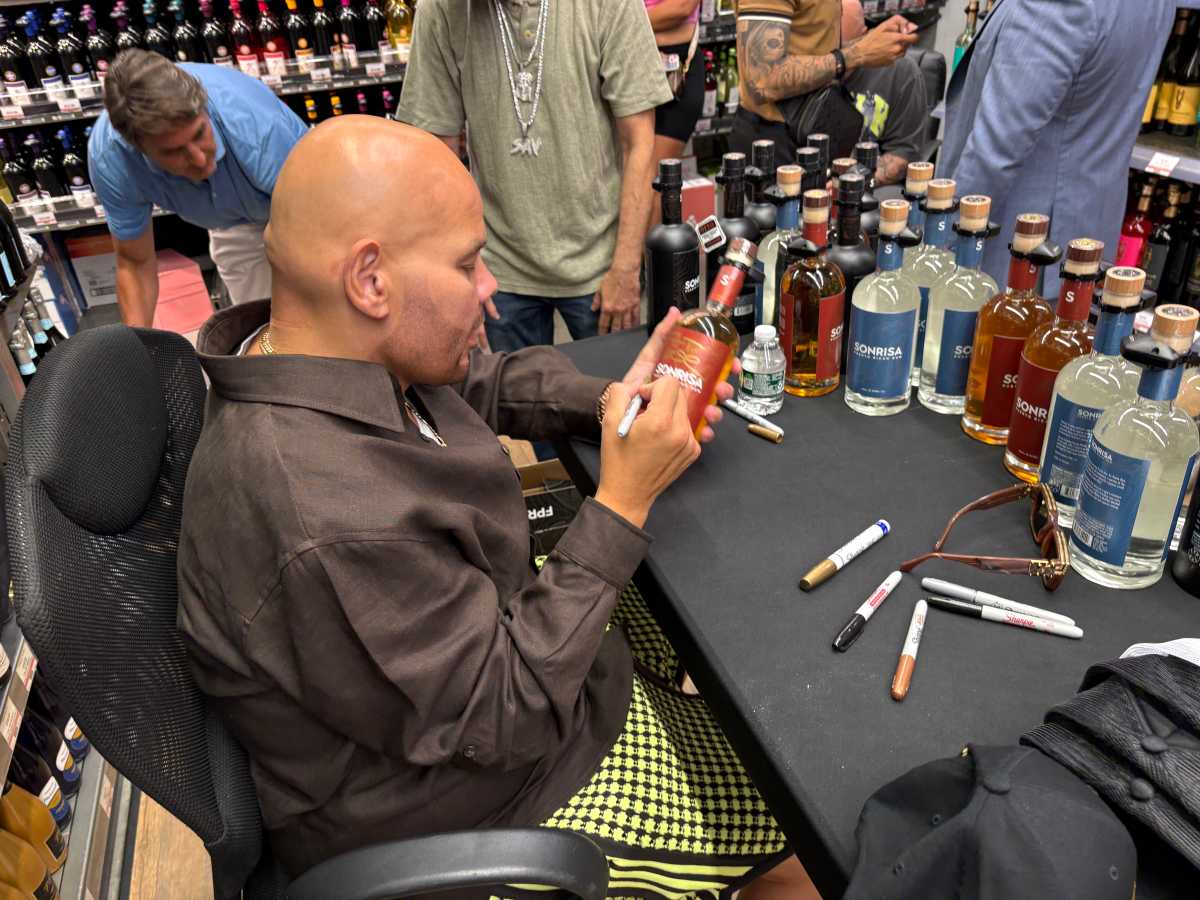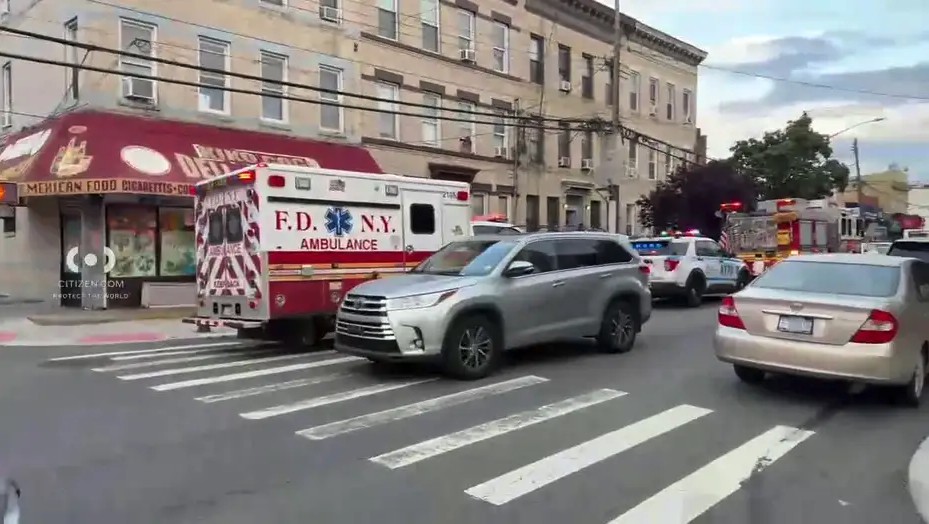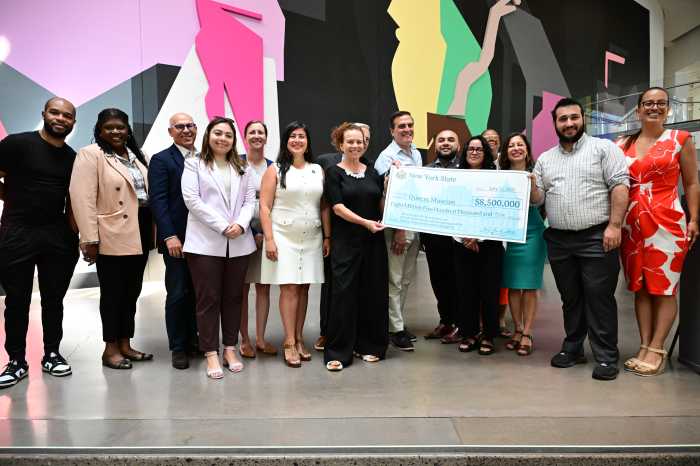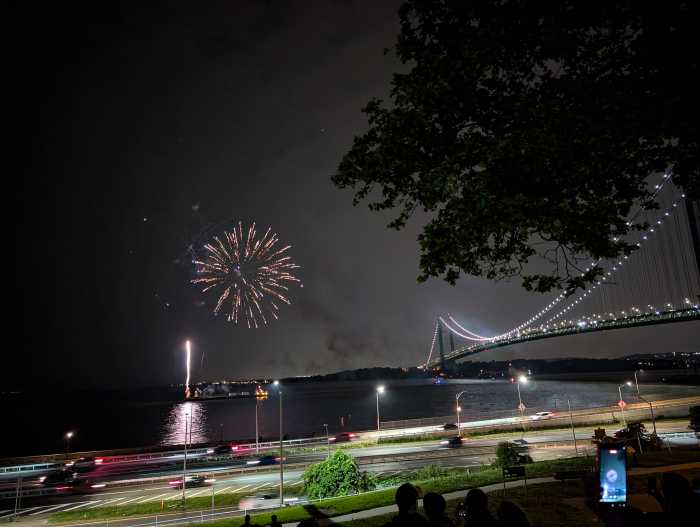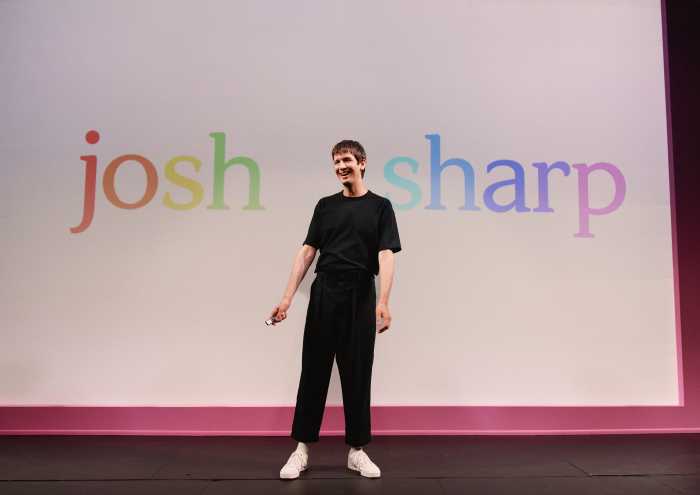The eight remaining casino developers bidding for licenses in New York City have bold promises: thousands of jobs, millions in tax revenue and community revitalization.
Developers first submitted bids in 2023 after state lawmakers approved three downstate casino licenses, ten years after the process started upstate. They now have until June 27 to finalize their formal license applications before facing review from a local council and the state Gaming Facility Location Board.
The bids are backed by some of the wealthiest developers in the country, including entertainment companies from Las Vegas and across the northeast, who pledge to support public infrastructure as part of the agreements. Some companies have also offered hundreds of millions of dollars in community investments as they attempt to attract local support.
Eleven developers started out, but three — Hudson Yards West, Sands New York and Saks Fifth Avenue — have pulled out after community opposition. Of the remaining eight, two are in Queens, one the Bronx and Brooklyn each, one in Yonkers and three in Manhattan.
Two of those projects — Empire City in Yonkers and Resorts World NYC in Queens — are expansions of existing “racinos,” or racetracks with gambling, which have long appeared to be early favorites to win the licenses.
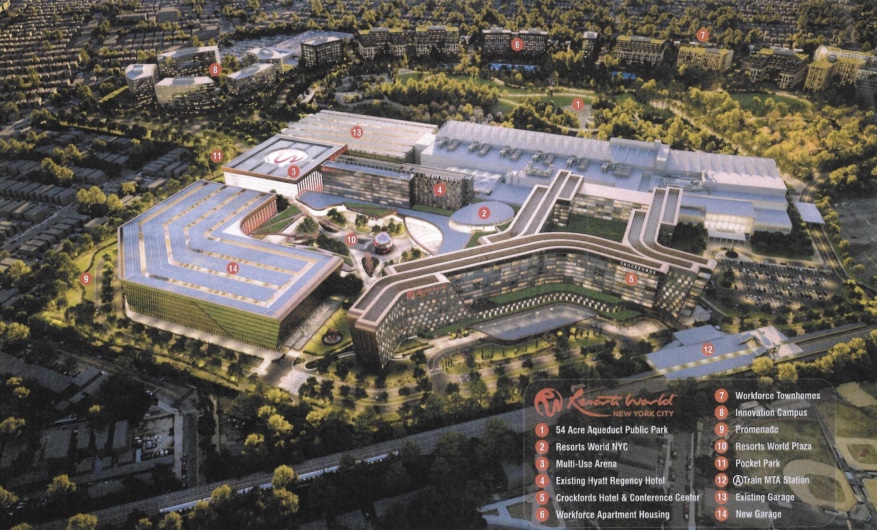
After the companies’ formal license applications, the state will form a Community Advisory Commission, a local group made up of six members each appointed by the governor, mayor, local state senator, local state assembly member, borough president and local city council member. The commissions’ mandate is to assess the project and gauge local support, according to state resources. Only if the local commission approves the proposal with a two-thirds majority vote will the application advance to the state Gaming Facility Location Board.
Each of the projects boast about how their casino will uniquely bolster New York City’s economy and help the affordability crisis through investment and tax revenue. Despite early promises, the casino race remains wide open, with the three winners sure to reshape the city’s socioeconomic landscape.
Community promises
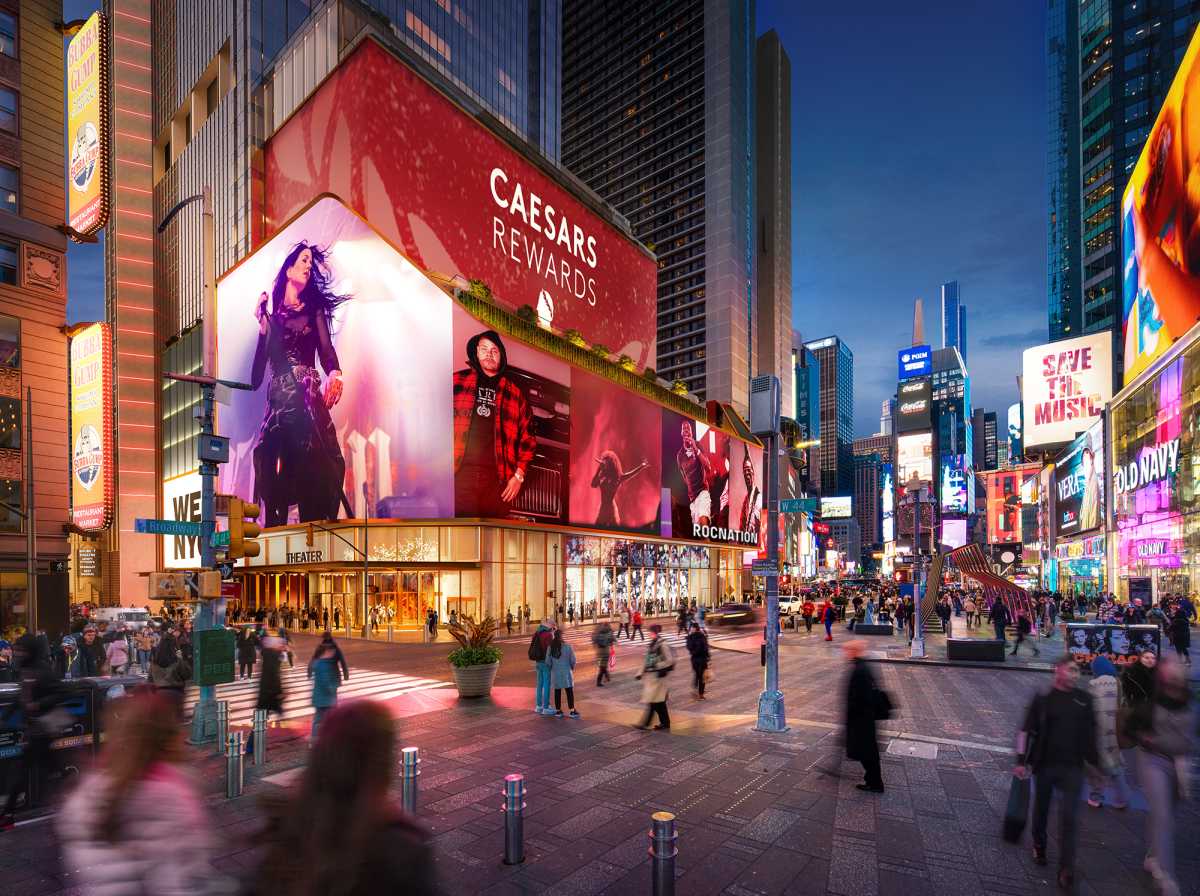
Caesars Palace Times Square, which hopes to take over a large office building on Broadway, is trying to attract local officials and activists with investment promises, including a recent $5 million donation promise to a local LGBTQ+ sexual health clinic that added to a $250 million community investment program.
“In every aspect, Caesars Palace Times Square is being designed to ensure its benefit is shared with communities across New York City,” said Marc Holliday, chairman of entertainment company SL Green, which co-sponsors the Caesars Palace, in a June 25 statement.
State Sen. Brad Hoylman-Sigal (D-47), who will likely be the next Manhattan Borough President, said he is “100% opposed” to a Times Square casino — but his term would not start until after the Community Advisory Commission’s findings.
Several prominent New York City organizations — such as teachers’ unions, theater groups, activist groups, and neighborhood associations — have joined the No Times Square Casino coalition, which argues the casino would increase congestion and crime while slowing cultural and economic development. But the coalition’s website has not been updated since December 2024.
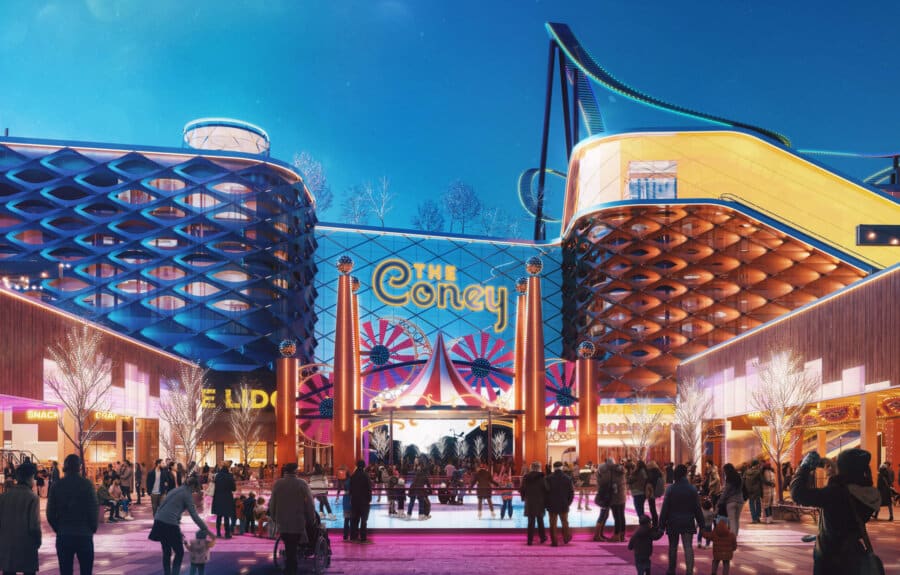
The Coney, a proposal for a Coney Island casino, similarly pledged a $200 community trust — managed by local stakeholders — as well as promising community revitalization with hotel space, restaurants, public open space and a convention center.
A spokesperson for The Coney said the project has 10,000 letters of support from local residents, including 1,000 from residents in public affordable housing.
“We’ve been really engaged with the community, making sure that we’re putting together a project that makes sense for the whole local economy,” the spokesperson told amNewYork.
Both Caesars Palace and The Coney face similar local opposition: residents claiming it would jeopardize the character of the neighborhood, harm mental health and raise property taxes.
Political support is key
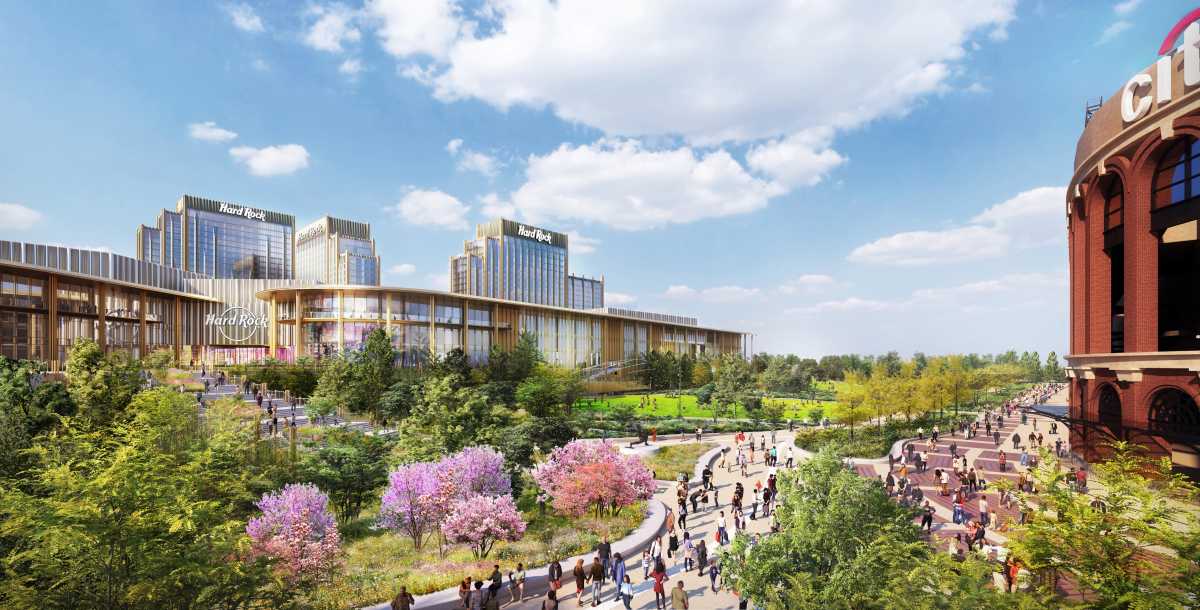
Metropolitan Park, which would build a casino near Citi Field, overcame opposition from local state Sen. Jessica Ramos (D-13) when legislation rezoning public land to allow commercial development overwhelmingly passed the state legislature in May, a major hurdle. Metropolitan Park has promised the community a 25-acre public park, new shops and restaurants and a full-scale redevelopment of the Mets-Willets Point subway station.
Metropolitan Park is one of the few casino proposals with the open support of local community boards, and it also has the backing of Queens Borough President Donovan Richards.
The state legislature will now review similar legislation for the Bally’s Bronx casino project, which hopes to build on the Bally’s Links public golf course in Ferry Point Park, after City Council passed a resolution giving it permission to do so on June 11, despite opposition from the community board.

The Bally’s Bronx proposal has the largest community investment package at $625 million, aiming to complement the $4 billion casino and hotel complex, which Bally’s describes as the largest private investment in the Bronx’s history.
Mayor Eric Adams has supported the project, which a City Hall spokesperson said only reflects the mayor’s desire for the casinos to be built in New York City rather than another downstate location.
Democratic leaders are also in favor of the project because it would complete President Donald Trump’s takeover of the golf course. Trump sold his stake in the public course in 2024. Conversely, the deal would give the Trump Organization $115 million as part of the company’s leasing agreement.
Meanwhile, both Resorts World NYC and Empire City have generally avoided the same thorny politics as other proposals.
The two casinos would likely have little community resistance, as horse-race gambling already exists there, allowing them to gather support and potentially start construction relatively easily. There is no organized or prominent opposition to either project, and state Sen. Joseph Addabbo (D-15), chair of the body’s Committee on Racing, Gaming and Wagering, has openly supported Resorts World.
Because of their support, Resorts World and Empire City have spent less energy trying to win over local residents than The Coney or Caesars Palace, though their designs include restaurants, greenspaces and housing.
Manhattan projects struggle
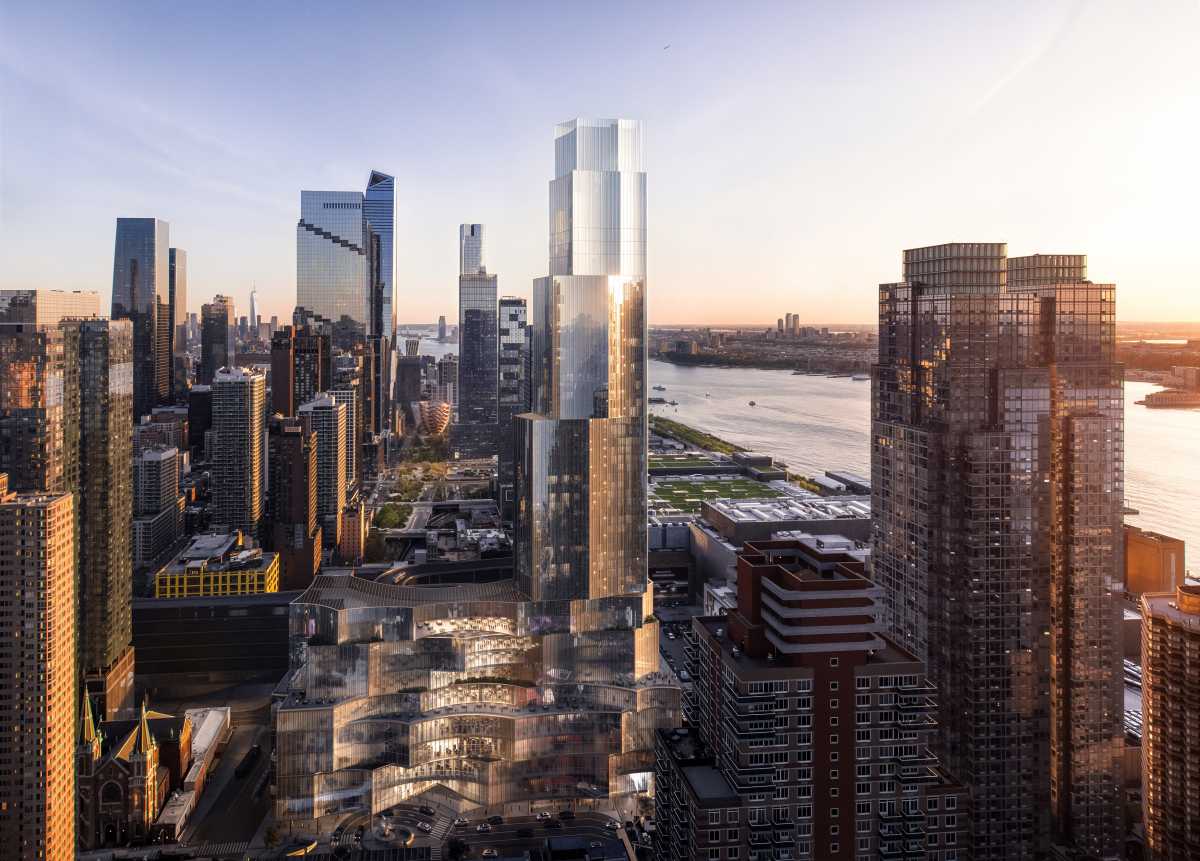
The other two Manhattan projects — The Avenir near Hudson Yards and Freedom Plaza in Midtown East — face more difficulty.
The Avenir’s proposed location is only ten blocks north of the failed Hudson Yards West project, which was killed by fierce opposition from residents and officials.
Councilmember Erik Bottcher (D-03) — whose district includes Hudson Yards West, The Avenir and Caesars Palace — said in a May 19 statement that Hudson Yards “did not meet the high bar of community support that such a consequential project demands.” Bottcher instead negotiated with developers to construct more housing.
Hoylman-Sigal also represents The Avenir’s location, making his support crucial.
The Avenir recently announced plans to partner with Hyatt for its luxury hotel and offers to build 100 permanently affordable apartments as part of the development. But that is far fewer than the 1,500 housing units the Hudson Yards West team proposed before it was scrapped.
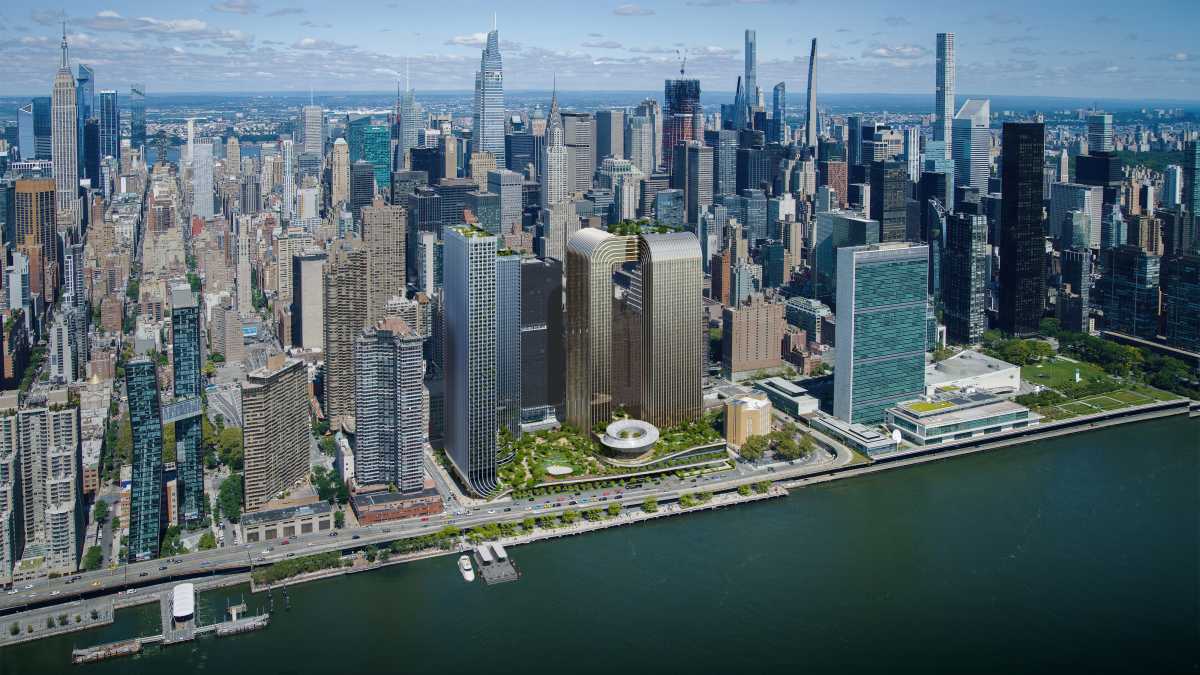
The owners of the Freedom Plaza complex are planning a massive redevelopment that will reshape the area, with or without the casino. Developers aim to construct 1,325 apartments across two residential towers, along with two conjoined hotel towers, a landscaped waterfront park, commercial real estate, and a museum celebrating the history of “freedom and democracy.”
The casino would be underground with a park on top, which has been attractive to many city officials and makes it another favorite to win. However, the local residents and community board have voiced opposition to the project, including in a 2023 Murray Hill Association survey.
The path forward
With each of the proposals having its own slews of supporters and detractors, the ultimate frontrunners will likely not emerge until the Community Advisory Commissions hold public hearings.
The commissions must hold their final votes by Sept. 30 by which point the casinos must have completed all land use, zoning and environmental reviews. Approved projects then submitted supplemental materials, including a proposed tax rate, along with their initial application to the Gaming Facility Location Board (GFLB) for consideration, which will make its decision by Dec. 1.
GFLB chair Vicki Been said in a statement that the timeline aims to ensure the casino proposals are grounded in local communities and compete with each other fairly.
“This roadmap gives communities ample opportunity to have their voices heard, establishes a level playing field among multiple competitors, and affords serious applicants the opportunity to participate in a lucrative and transformational process,” Been wrote.
The Gaming Commission will then issue licenses by Dec. 31.
